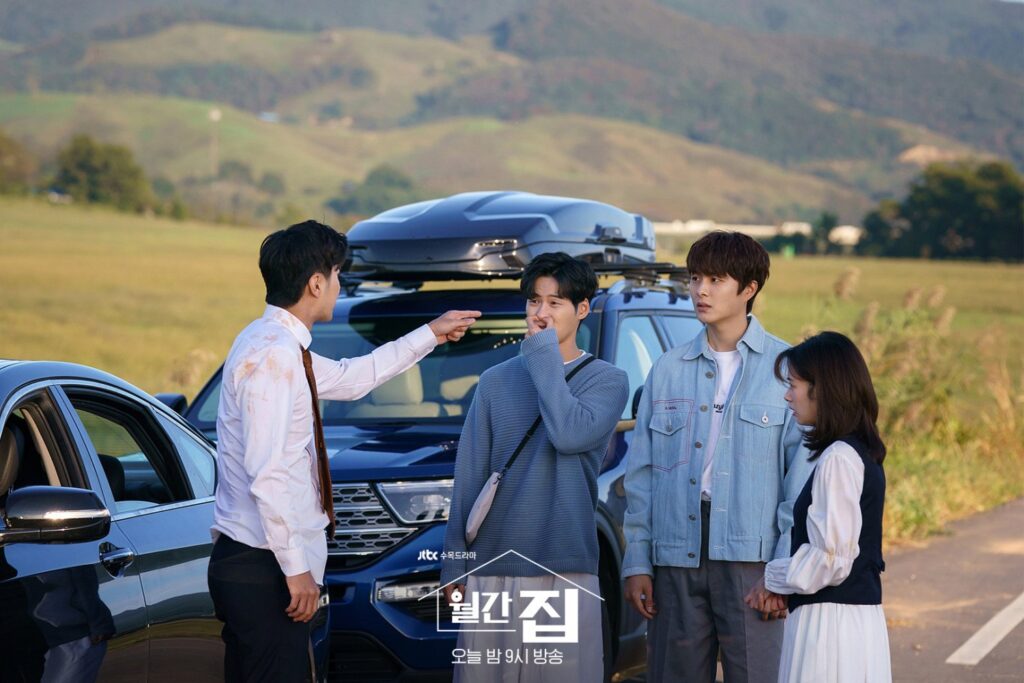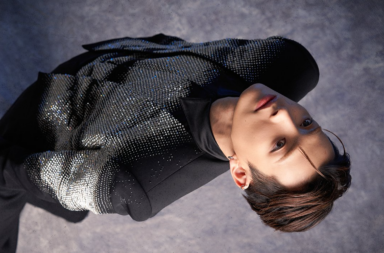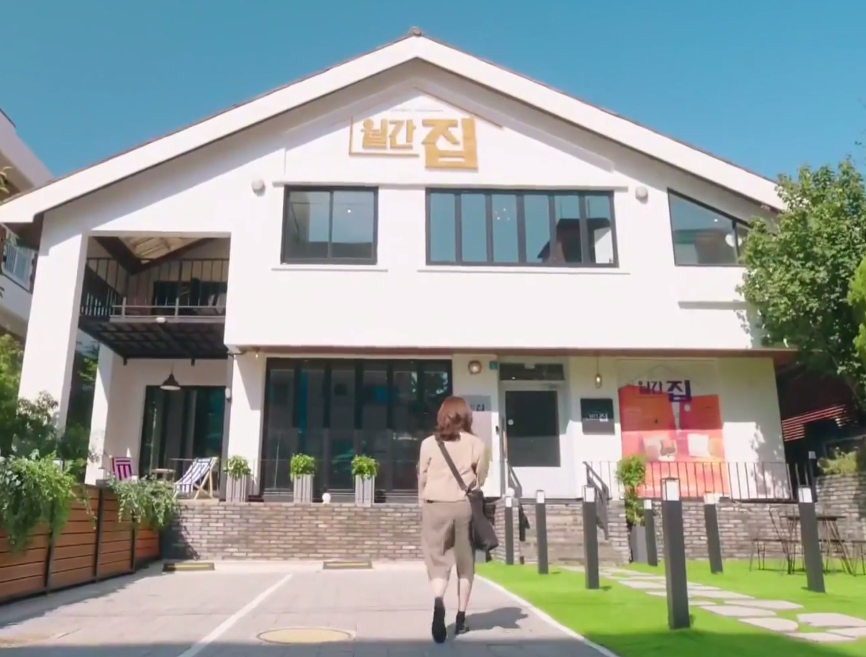
JTBC’s romantic comedy Monthly Magazine Home takes on what it means to own a home, and how people’s lives can revolve around manifesting the security that comes with it. Although the drama focuses on South Korean housing issues, it’s a topic affecting many people around the world today. With the ever-growing disparities in wealth and rising property prices, this issue is more and more prevalent in modern society.
It also begs the question of what it is exactly that makes a house a home. Is it the people we share it with? Or the fact that it contains all our belongings? What other meanings do these buildings hold for each of us?
On face value Monthly Magazine Home has a lot going for it: popular cast members, a relevant topic, and a great time slot. Despite it all, the drama remains on the shallow end of the spectrum, floating on familiar airy romantic comedy tropes.

The plot revolves around Na Young-won (Jung So-min) and her struggle with the process of saving up for a home of her own. She’s an experienced editor in the home magazines business, but only wakes up to the idea of owning a home after being evicted from her apartment by the new owner of her residence and losing her job. She finds herself almost homeless and with no idea of what the future may hold for her.
As luck would have it, an old university friend, Yeo Ui-joo (Chae Jung-an), lands her a role at a monthly magazine working directly under the real estate investor who evicted her, Yoo Ja-sung (Kim Ji-suk).
CEO Yoo Ja-sung is an almost textbook definition of nightmare boss: nit-picky, tight, and focused purely on profit. As a result of growing up poor and between homes, success and wealth became his only goals. In pursuit of his dreams, he sacrifices living through common milestones others his age would have experienced, leaving him awkward and unable to relate to other’s sentiments.
Knowing full well that work opportunities are sparse, Young-won remains steadfast against Ja-sung’s bruising comments and ridiculous demands with the help of her team and her friend. The pair is forced to work together and inevitably begin to develop feelings for each other early on in the series.
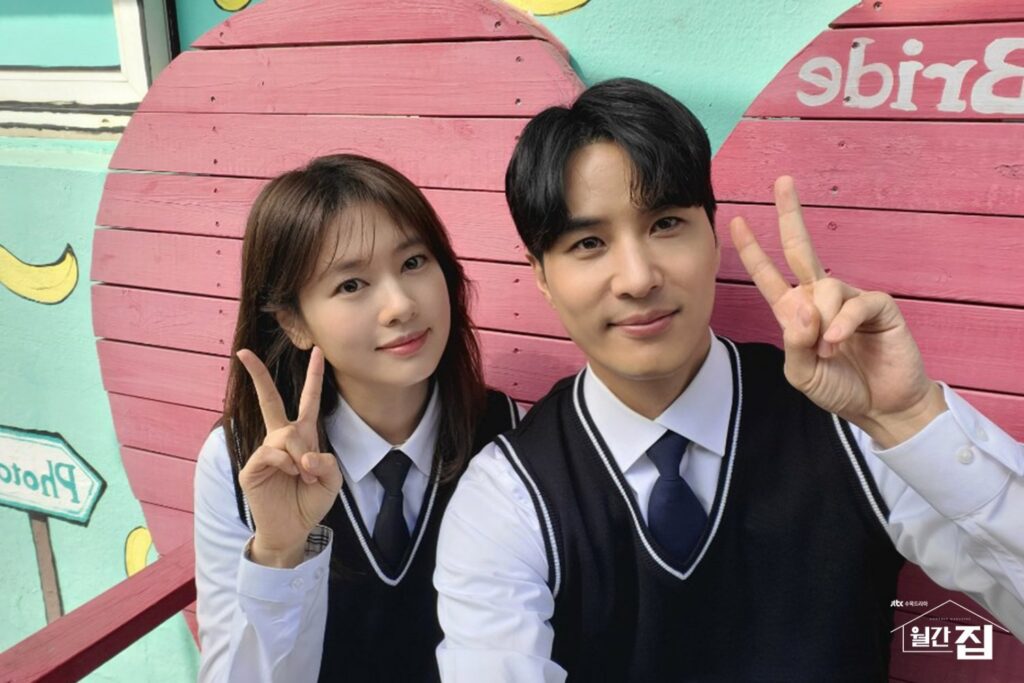
Ja-sung’s habits do take a lot of time to be unlearned, but it becomes endearing watching him open up to social norms he never allowed himself before. The drama shifts full speed ahead towards the all too familiar narrative of the boss who falls for the assistant he despises.
Falling in love can be a rosy and beautiful experience, but it’s not without its tribulations. As with most romantic dramas, their newfound relationship is put under immense pressure by photographer Shin Gyeom’s (Jung Gun-joo) feelings towards Young-won. The male leads realise that both feel a certain way towards Young-won and begin this act of noble sacrifice for each other, taking it in turn to remove themselves out of the love triangle. This makes for an awkward few episodes of unnecessary confusion, which is also time that could have been used to develop other ongoing subplots in the drama.
The plot is predictable and exhausted, but the writer compensates in some parts with funny and adorable moments. Not to say that it is good, but it would be a lie to say that the predictability of these tropes is not somewhat comforting.
Clichés aside, the drama is worth the watch for its supporting cast alone. The characters are comical yet poignant in their own right which makes for many hilarious moments and heartbreaking relatable stories. Their friendship and camaraderie against their tyrant CEO is comical and guarantees plenty of laugh out loud moments. And under the roof of Wolgan Jib magazine, each character is different and embodies a social struggle faced by many in South Korea and around the world.
It is particularly interesting watching editor Nam Sang-soon’s ups and downs for the drawing of an apartment in a new building. His fluctuating mental state really brings home the struggle for young people in modern day society. In his case, the apartment is not purely an apartment for him to live in; it’s also the ticket to justify his eligibility for marriage. Whether this is accurate about South Korean society or not, it does stress the weight of a good home for relationships, social status, and mental stability.
Throughout the drama, Young-won serves as the ‘how to reach the point of owning a home’ guide. Meanwhile, each team member can be seen as representative of the living stages in South Korea, from cramped Goshin (student rooms), over romanticised rooftop apartments, to an array of architecturally stunning builds.
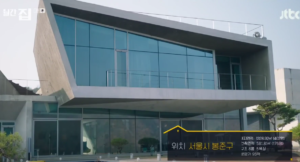
Essentially, the writers try to communicate that many remain as renters within comfort zones preventing them from reaching the ultimate goal of owning that dream home. By parading lavish buildings and endless possibilities of architecture and interior design, the show almost intimates that all it takes is saving a penny here and there.
This in some cases can be true! Indeed, some do reach their goals by cutting back on unessential luxuries and being aware of certain laws and regulations that may afford you a house. And others like the CEO are the exception and eventually do earn their wealth by making huge sacrifices.
However, the drama overlooks the points it’s making in each of its episodes. Most of the lavish homes featured in the magazine are owned by people from wealthy backgrounds who can afford the luxuries. Although Monthly Magazine Home presents the characters in the office as representations of relatable struggle, the drama essentially believes that despite it all everyone is bound to get to their dream home.
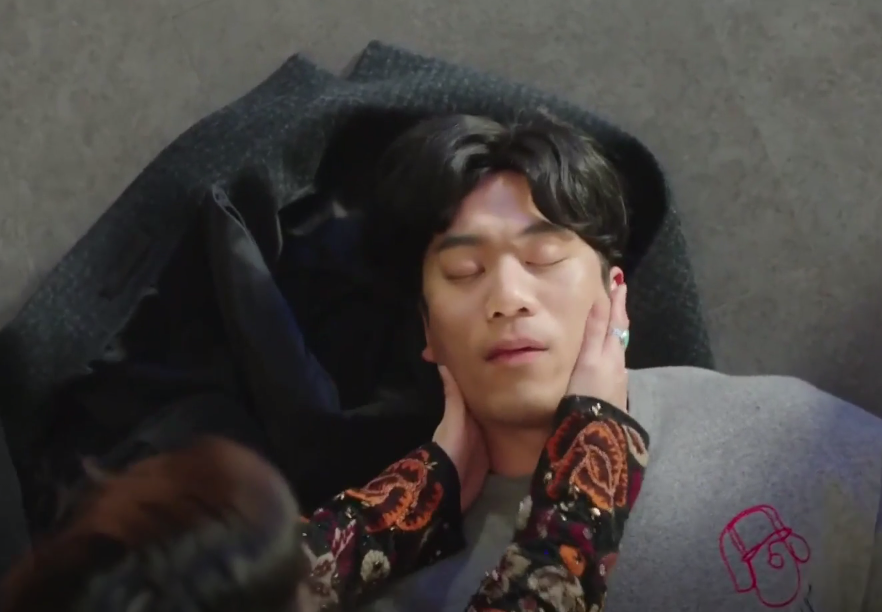
The show misses that the average citizen taking on all these guidelines and tips from the CEO’s uploads will probably still fall short due to external factors like rising house prices, living wages, shaky economies, and accumulating debts. Data shows that as of 2020, it can take more than 14 years to buy a home in Seoul. And this only seems to increase year by year despite lawmakers’ efforts to reduce the strain. Of course, it doesn’t deem the idea of owning a home impossible, but it is clearly very difficult and complicated.
Nevertheless, what are dramas for, but to provide us with some sort of escapism and hope that we all are future property owners. Watching Young-won refocusing her energy and trusting herself on all that she has learned under the CEO to build her dream is somewhat encouraging.
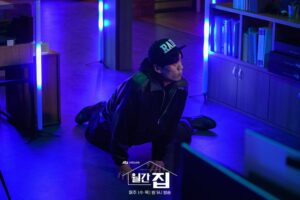
Even though the main topic of concern is serious and difficult to tackle, Monthly Magazine Home maintains a steady flow of analysis of what home means to each of us. For the most part the drama is light hearted and rarely takes itself too seriously. But it falters when it comes to keeping to the main issues at hand and derails to the safety net of tropes we’re used to. With that said, Monthly Magazine Home is an easy watch drama for those looking for a light romantic comedy.
